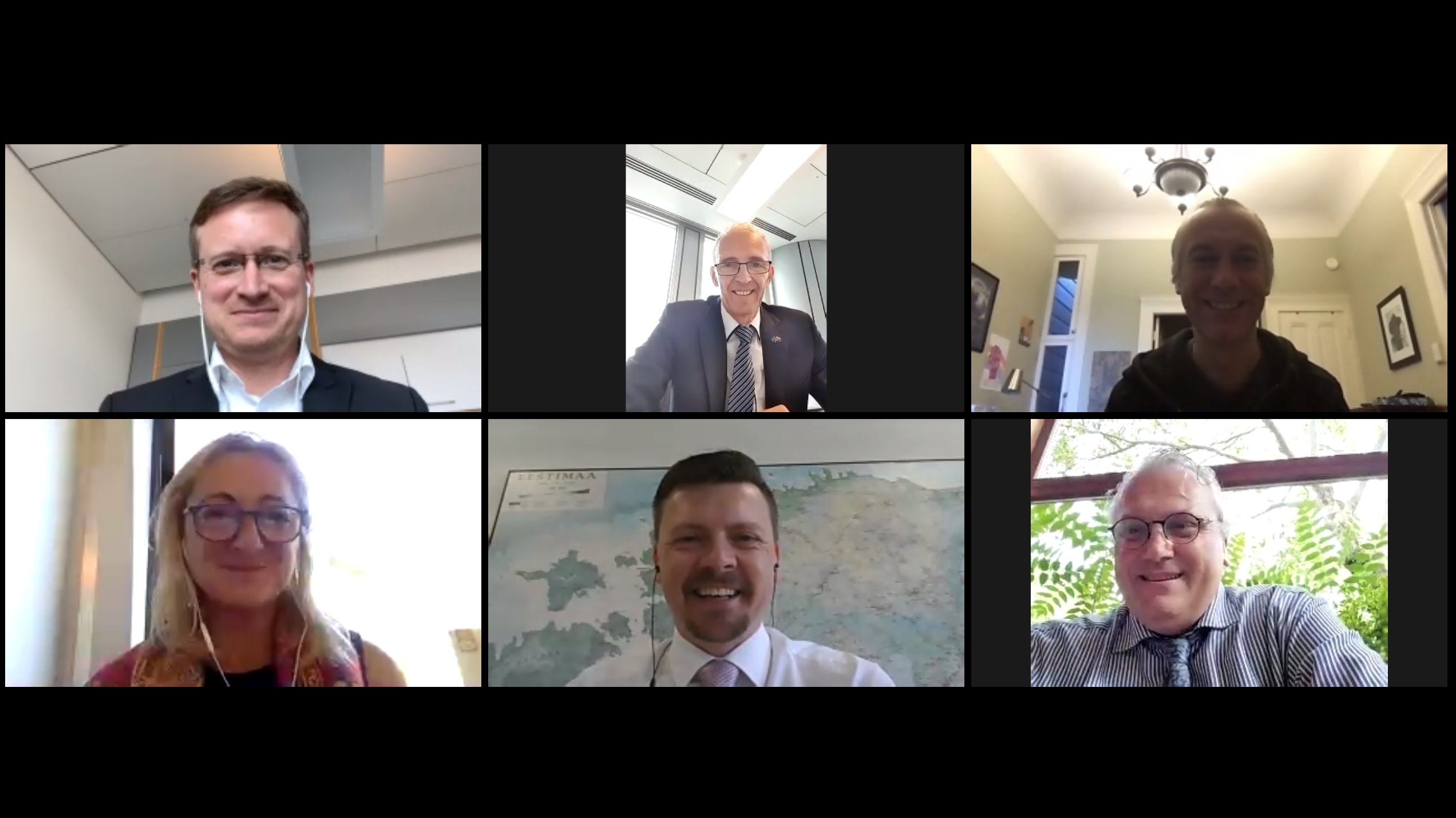Digital Transformation & Taxation: Opportunities & Challenges

On June 18th, the Taxpayers Association of Europe in coordination with SME Connect and SME Europe of the EPP led a Webinar titled “Digital Transformation & Taxation: Opportunities and Challenges” in order to discuss the future of taxes on digital services, their impact on SMEs and their role in a framework of global competition.
The webinar was moderated by Ondrej Kovarik MEP, ECON Committee. The expert panelist was comprised of Ivan Stefanec MEP, IMCO Committee, President SME Europe of the EPP; Dr Barbara Kolm, Vice-President of the General Council at the Österreichischer Nationalbank and Head of the Friedrich A.v. Hayek Institute; Dmitri Jegorov, Deputy Secretary-General for Tax and Customs Policy at the Ministry of Finance, Estonia; Francois Chadwick, Vice-President, Finance, Tax & Accounting at Uber; Michael Jäger, Secretary-General of the Taxpayers Association of Europe and CEO of the European Economic Senate.
In his welcome speech, Ondrej Kovarik remarked the importance of digitalization for enterprises as well as the necessity to update the current taxation framework to reflects the needs of the current market. The feeling was reiterated by Ivan Stefanec’s opening speech, which focused on the necessity to make taxation “fair and neutral” without placing additional unnecessary financial burdens, impacting, thus, job creators.
Dr Barbara Kolm questioned the motives behind the European Union’s proposed taxation as well as its functionality, stating that European institutions are overlooking the wealth creation potential of such digital services and that taxing unduly would hinder innovation and growth. Representing the institutional perspective, Dmitri Jegorov remarked the fact that active companies in every market, be it traditional or digital, need to contribute to public finances, as the internet now functions as a de facto third non-geographical jurisdiction, still difficult to navigate in terms of legislation.
Francois Chadwick concentrated on the direct impact of the proposed digital service tax on daily business, raising the issue that, especially during the first recovery period from COVID-19, unscrupulous companies may pass on the burden of additional taxes on their customers by inflating prices. Similarly, Michael Jäger challenged the European institutions’ data on the differences in taxation and revenues of traditional versus digital corporations. In fact, working on such a biased dataset will inevitably lead to unfair taxation of both kinds of enterprises. Moreover, taxation of international digital players could have unintended global consequences if other nations decide to retaliate.
Ultimately, a lively debate was established between all speakers, a debate which highlighted the controversiality of the topic as well as the variety of possible perspectives – institutional, academic and from the business sector.